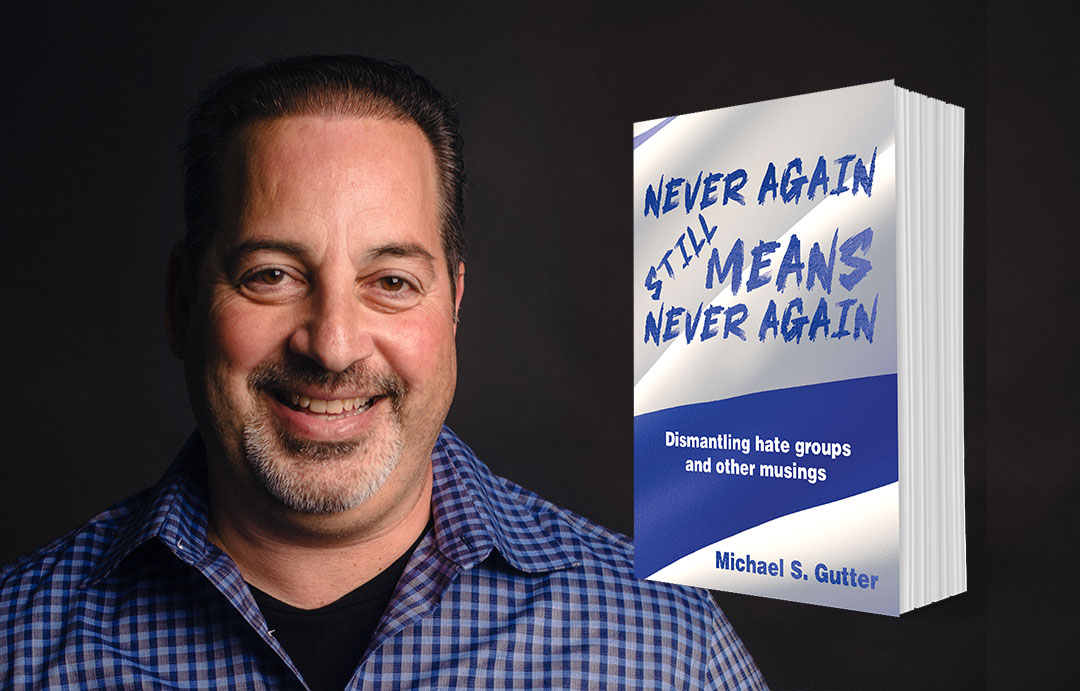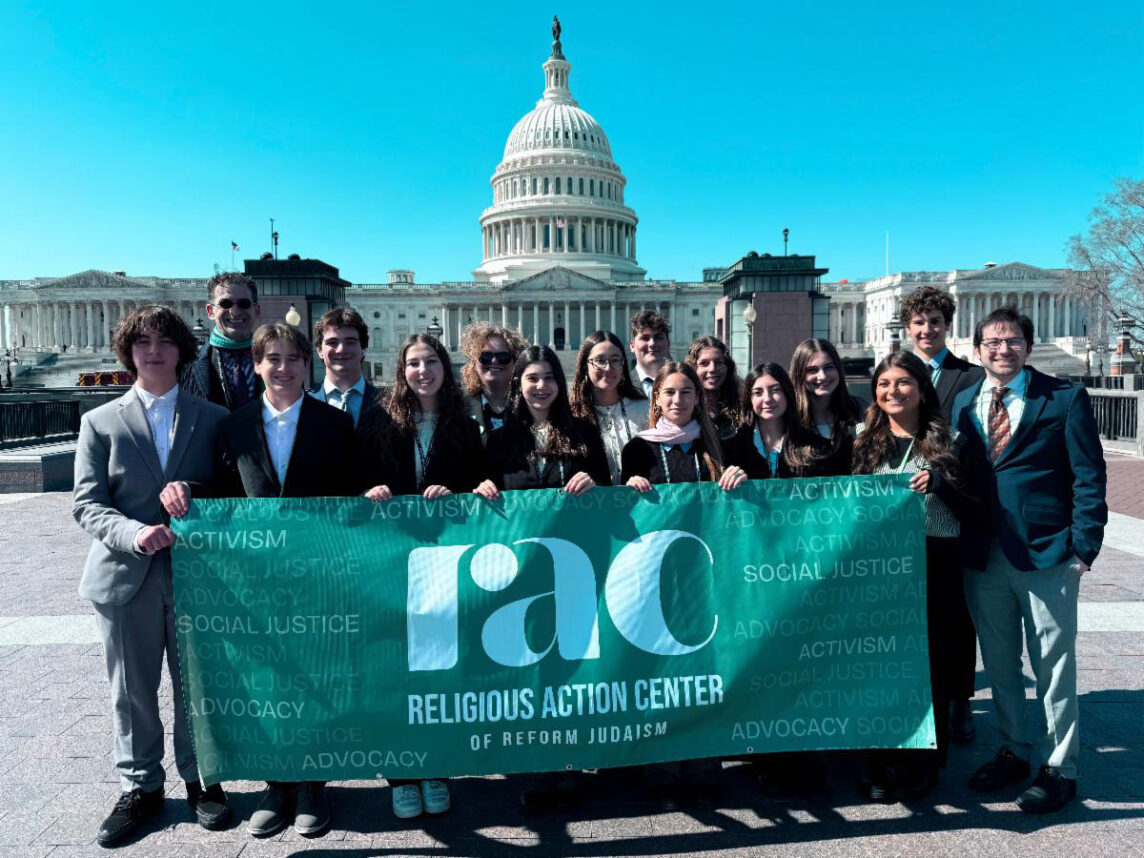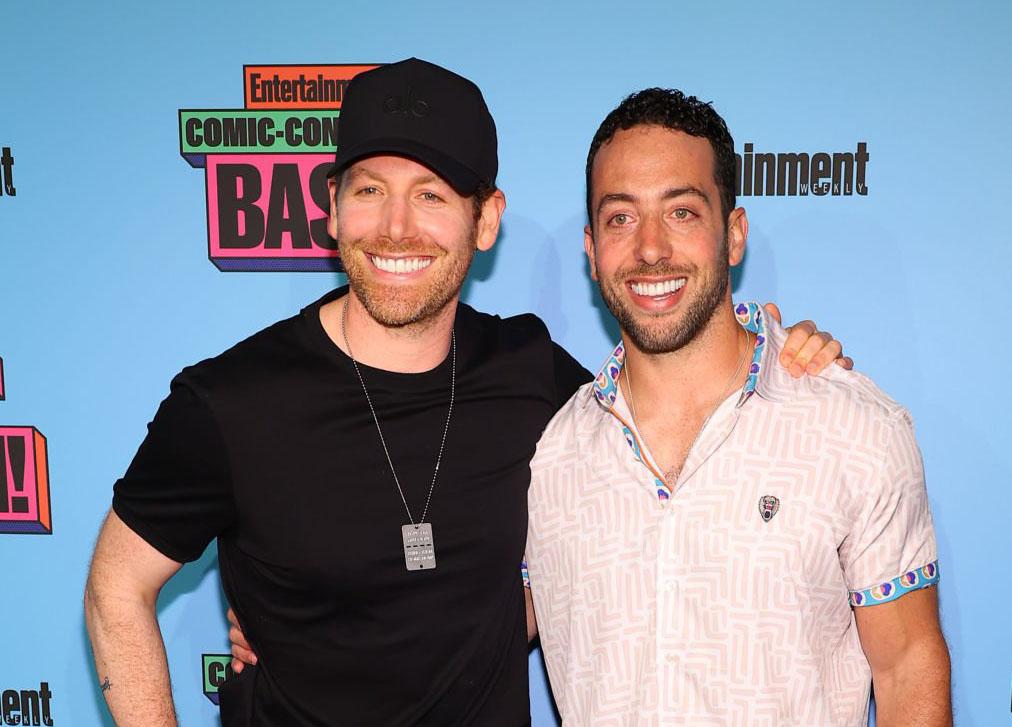The White House announced that President Barack Obama will attend the largest gathering of North American Jewish community leaders.
Obama will address the 2009 General Assembly (GA) of the Jewish Federations of North America in Washington, D.C. on Monday morning, November 9.
According to organizers, the GA will be the first Jewish communal organization event Obama has addressed since taking office.
“We are honored to be hosting President Obama at the GA,” said Dede Feinberg of Washington, who with her husband Kenneth is serving as the GA’s North America co-chair, in partnership with International Co-Chair Leonid Nevzlin of Israel.
“The voice of President Obama will surely expand our thinking and stretch our perspectives,” said Joe Kanfer, Chair of the Board of Trustees of The Jewish Federations of North America.
This year’s GA, with the theme “Remember When You Thought Anything Was Possible? It Still Is,” highlights how The Jewish Federations of North America helps the Jewish people worldwide. Top Israeli government officials and other leaders from the worlds of politics, business and philanthropy are also scheduled to speak. The GA, which takes place November 8-10, is one of the largest annual Jewish communal gatherings in North America.
The sudden decision to address a significant and high profile Jewish audience comes as poll numbers show Obama’s popularity declining among Jewish voters, and his approval ratings among Israelis in the single digits.
Writing from an Aipac conference in San Diego, Jerusalem Post Editor-in-Chief David Horowitz laid out Obama’s Israel/Jewish problem:
But the administration’s [recent] emphasis on the “Jewish state” of Israel, along with the signs of an emerging Israel-US middle ground on settlements, the demand that the Palestinian Authority come back to the peace table without preconditions, and gestures like Obama’s unexpected message of greeting for President Shimon Peres’s Facing Tomorrow conference this week – all these would indicate that the Obama presidency is attempting to slightly reset its relationship to Israel.
It is a minor shift – and not, it should be stressed, an ideological change – doubtless precipitated in part by Obama’s dismal approval ratings in Israel. It is a consequence, too, of the belated realization that trying to corner Prime Minister Binyamin Netanyahu over a settlement freeze, extending to Jewish neighborhoods of east Jerusalem, was simultaneously alienating mainstream Israel while pushing Mahmoud Abbas ever higher up a tree; how could the PA president agree to talk with Israel when Netanyahu wasn’t even meeting Washington’s demands? And it may also be no coincidence that the subtly more supportive stance has taken shape since veteran Middle East expert Dennis Ross moved into a White House role more proximate to the president.
“The administration has stumbled, no doubt about it,” a senior AIPAC figure who strongly supports Obama told me this week. “The ferocity of the settlement freeze demand, most especially as stated by Secretary of State Clinton, and the failure to highlight Israel’s historical territorial legitimacy in Obama’s Cairo speech in June – these were mistakes. And now they’re recalibrating.”
Doubtless the General Assembly speech is part of that strategy. Though Obama won close to 80 percent of the Jewish vote in November, his support among Jews has cooled. As Raiphe Sonenshein wrote in The Jewish Journal:
he latest Gallup poll indicates that in September, President Obama’s approval rating held steady at 52 percent. He has dropped from the stratosphere into the rough-and-tumble territory of normal politics.
Among Jews, his support level is still a healthy 64 percent – but far lower than it once was.
While Jews are still far more pro-Obama than whites in general (who are at 44 percent), Jewish backing of the president has declined from their 78 percent vote for him in November and their 83 percent approval rating in January.
Obama’s decline in Jewish support is much like that among Hispanics and other whites, who have been drifting downward for months. Clearly the long march toward health care reform has taken its toll.
My sense is that missteps in the Middle East have had as much or more to do with Obama’s declining popularity among Jews as has his health care, economic and other policy challenges. At the GA, he will have to find the words to reaffirm his strong support for Israel, to use his rockstar, Nobel Prize-winner status on the world stage to make the moral case for a strong Jewish state, to rally the world against a corrupt Iranian regime bent on acquiring nuclear weapons, and to advance his vision of Mideast peace in a way that does not isolate or single out Israelis. On this last point, he can’t be seen as backing down, but he has to find a way to ally himself with Israeli’s deepest hopes, rather than stoking their ever present fears. My suggestion: invoke Rabin. The late Prime Minister, assassinated while on the brink of forging peace, still stands as a symbol of what is possible for a strong and confident Israel, backed by unwavering American support, to achieve. The more Obama can stand on that GA podium in the shadow of Rabin, the more effective his speech will be.
More information on the GA is available here.
























 More news and opinions than at a Shabbat dinner, right in your inbox.
More news and opinions than at a Shabbat dinner, right in your inbox.